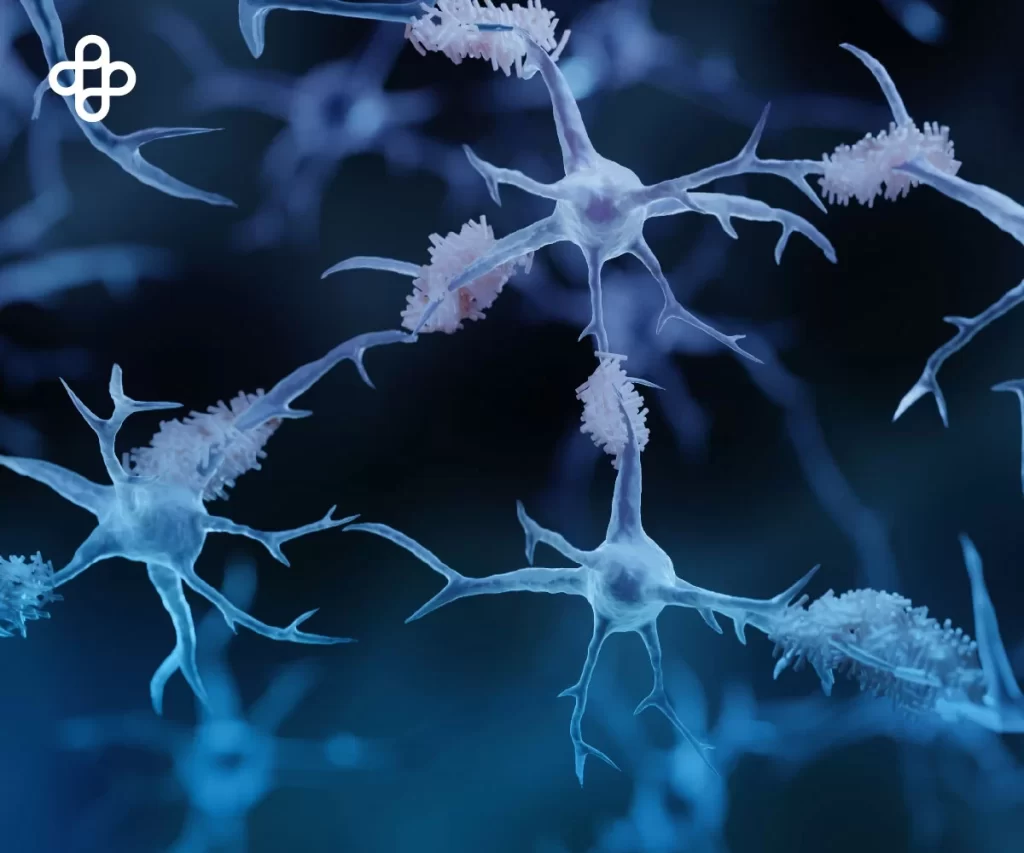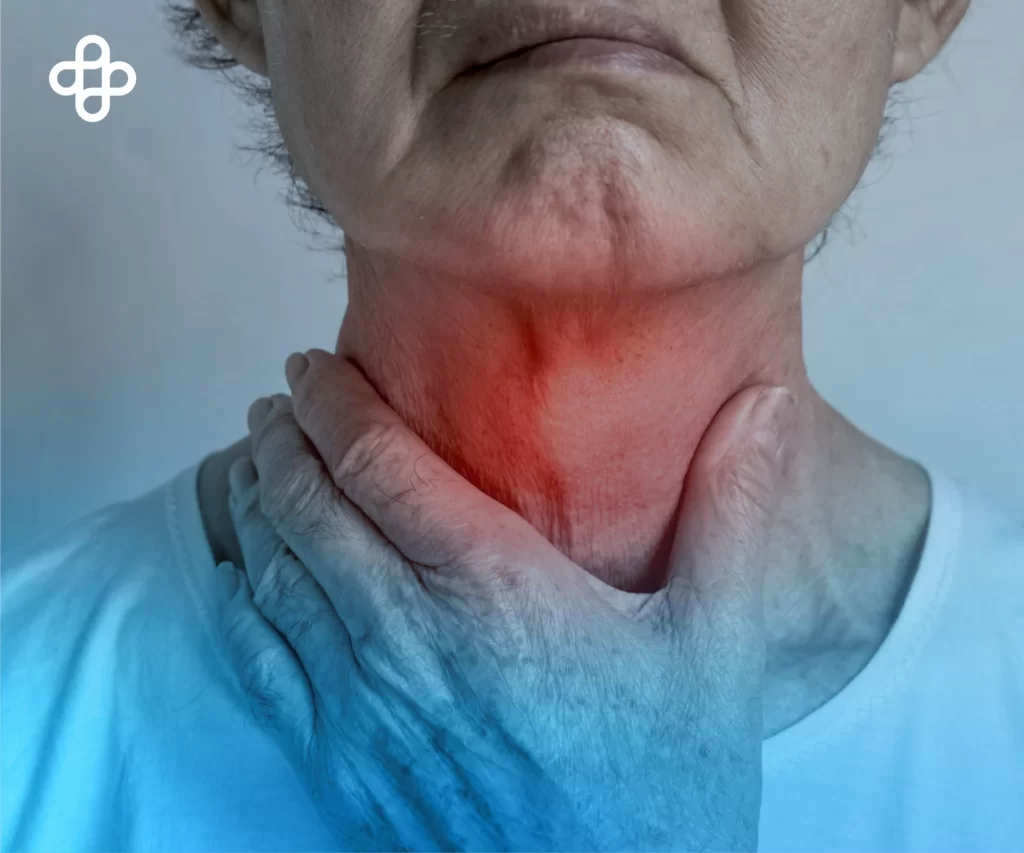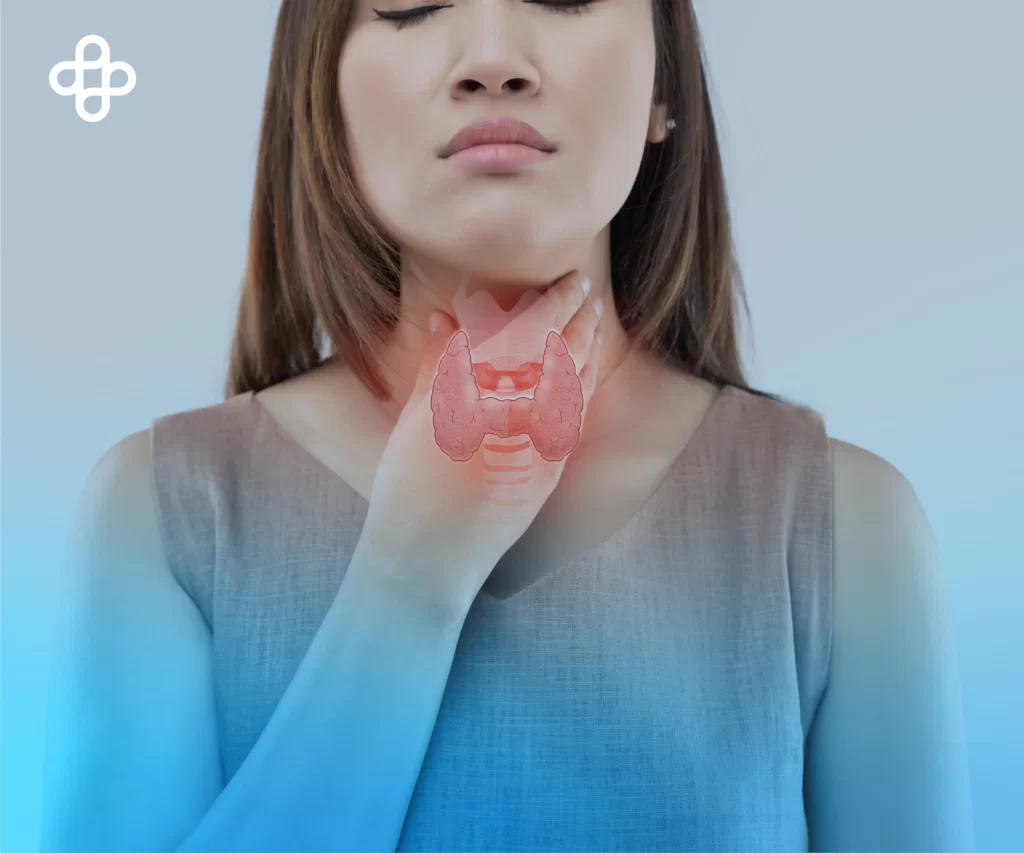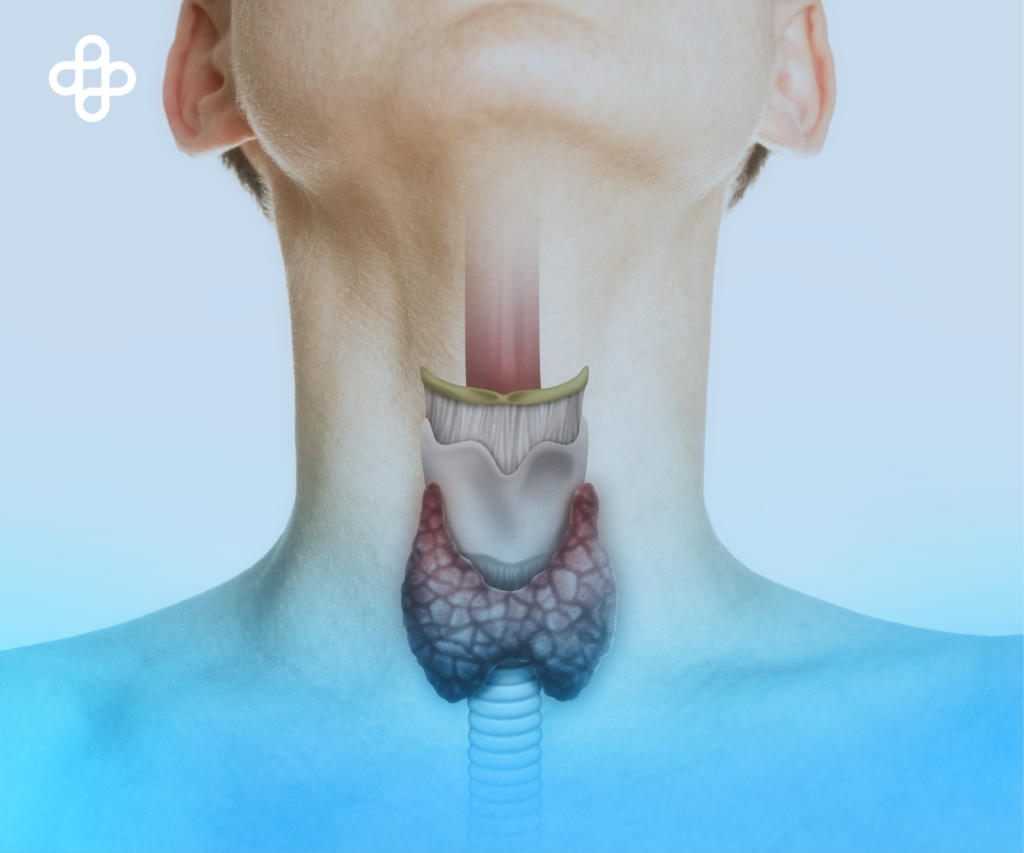Symptoms of Hypothyroidism
Firstly, the symptoms of hypothyroidism depend on the severity of the condition. Problems tend to develop slowly over several years.
In the early stages, hypothyroidism symptoms may be barely noticeable, such as fatigue or weight gain. You may simply think they are part of the aging process. However, as metabolism continues to slow down, the problems may become more evident.
Symptoms of hypothyroidism can include:
- Fatigue.
- Increased sensitivity to cold.
- Constipation.
- Dry skin.
- Weight gain.
- Swelling of the face.
- Hoarseness of voice.
- Coarse hair and rough skin.
- Muscle weakness.
- Muscle pains, tenderness, and stiffness.
- Menstrual cycles with heavier or irregular bleeding.
- Thinning hair.
- Slower heart rate (bradycardia).
- Depression.
- Memory problems.
Symptoms of Hyperthyroidism Sometimes, hyperthyroidism can resemble other health problems, making it difficult to diagnose. Here are some of the many symptoms it can cause:
- Involuntary weight loss.
- Rapid heartbeat, a condition called tachycardia.
- Irregular heartbeat, also known as arrhythmia.
- Strong heart palpitations, sometimes called heart flutter.
- Increased appetite.
- Nervousness, anxiety, and irritability.
- Tremors, usually mild shaking in the hands and fingers.
- Sweating.
- Changes in menstrual cycles.
- Increased sensitivity to heat.
- Changes in bowel patterns, especially more frequent bowel movements.
- Enlargement of the thyroid gland, sometimes called a goiter, which may appear as a swelling at the base of the neck.
- Fatigue.
- Muscle weakness.
- Sleep problems.
- Warm and moist skin.
- Thinning of the skin.
- Fine and brittle hair.
- Older adults are more likely to have subtle, hard-to-detect symptoms, which can include irregular heartbeats, weight loss, depression, and feeling weak or tired during normal activities.
Symptoms of Thyroid Cancer
Secondly, According to Dr. Mabel Ryder, most thyroid cancers do not cause any signs or symptoms in the early stages of the disease. As thyroid cancer grows, it may cause the following:
- A lump (nodule) that can be felt through the skin of the neck.
- A feeling that shirt collars or neckties are too tight.
- Changes in voice, including increasing hoarseness.
- Trouble swallowing.
- Swollen lymph nodes in the neck.
- Pain in the neck and throat.

Symptoms of Thyroid Nodules
Thirdly, most thyroid nodules do not cause signs or symptoms. However, occasionally, some nodules can become large enough to:
- Be felt.
- Be seen as a swelling at the base of the neck.
- Press on the trachea or esophagus, causing shortness of breath or difficulty swallowing.
In some cases, thyroid nodules produce extra thyroxine, a hormone secreted by the thyroid gland. The extra thyroxine can cause symptoms of thyroid hormone overproduction (hyperthyroidism), such as:
- Unexplained weight loss.
- Increased sweating.
- Tremors.
- Nervousness.
- Rapid or irregular heartbeats.
Only a small number of thyroid nodules are cancerous. However, it is not possible to determine which nodules are cancerous based solely on symptoms. Most cancerous thyroid nodules grow slowly and may be small when a doctor discovers them. Aggressive thyroid cancer is rare, and these nodules can be large, firm, fixed, and fast-growing.
Symptoms of Goiter
Finally Symptoms of Goiter, the only symptom of goiter is the appearance of a lump in the front of the neck.
The natural tendency is for slow growth. When growth is significant, it can lead to compressive symptoms due to pressure on nearby structures, such as the trachea, esophagus, or recurrent nerve, resulting in difficulty breathing, swallowing difficulties, or hoarseness.
Apart from compressive symptoms, manifestations may be related to accompanying thyroid function abnormalities, such as hyperthyroidism (nervousness, palpitations, fatigue, unexplained weight loss, among others) or hypothyroidism (intolerance to cold, fatigue, drowsiness, dry skin, etc.).
The most common symptoms include:
- Lump in the front of the neck.
- Difficulty swallowing.
- Difficulty breathing.
- Hoarseness.
To conclude, I invite you to learn about the latest research on Stem Cells and the Thyroid.







